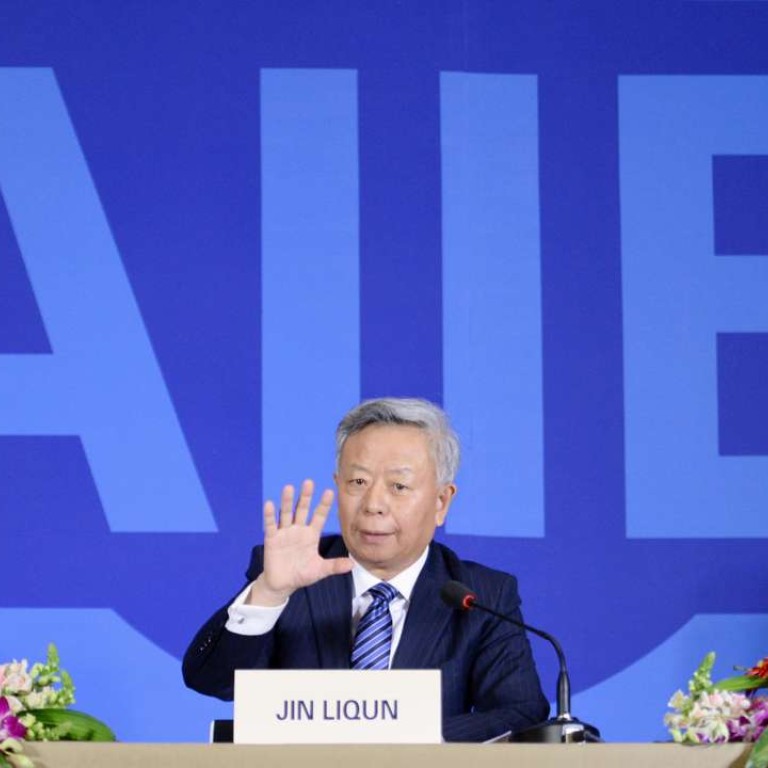
AIIB will test China’s ability to run an international organisation
China and some of the bank’s founding members evidently suffer from mismatched expectations over who is supposed to benefit from investment
Think of the Asian Infrastructure Investment Bank (AIIB) as a bold experiment on the world stage for China’s national policy and its ability to run an international organisation. China style, top down governance will be sorely tested in the real world of developmental banking. Beijing may be a master of top down mobilisation in events like the Olympics and G20, but it will soon learn what “multilateral” governance means – where each member has an equally quarrelsome voice.
Last week, ahead of the G20 conference in Hangzhou, Canada announced it intends to join the AIIB. “Canada is always looking for ways to create hope and opportunity for our middle class as well as for people around the world. Membership in the AIIB is an opportunity to do just that,” said Canadian finance minister Bill Morneau.
China and some of AIIB’s founding members evidently suffer from mismatched expectations over who is supposed to benefit from investment. Hong Kong’s big infrastructure operators like Cheung Kong Infrastructure are rushing to invest in projects anywhere but Asia. “One Belt One Road” still can’t answer the question, “Who will write the cheques for projects?”
The AIIB and World Bank are separated by their governance, operation and especially by the World Bank’s longer history of trial and error. Today, the World Bank’s key mandate is poverty alleviation. It works closely with environmental groups and NGOs in its loans and programmes. For the poorest countries the bank’s assistance plans are based on poverty reduction strategies.
The AIIB may be rendered useless for the Chinese if it cannot make investments at a pace that China needs in order to keep their economy buoyant
The AIIB seeks to follow the World Bank’s path by gaining influence though infrastructure investment and country lending. The Chinese government aspires to live in a multilateral world, but it has not considered the potential governance problems in the formation of the AIIB. The Chinese authorities thought that by controlling the largest amount of paid-up capital in the AIIB, they would be able to guide the bank toward the decisions it desired. It will not be that simple.
The AIIB’s 57 members may have signed and paid up, but they have not really agreed on what kind of infrastructure projects will meet their goals. Even the founding members – Britain, Germany, France and Italy – cannot agree if Britain will remain a member of the EU. By expanding the founding membership base as wide as possible, China made the AIIB difficult to govern and possible ungovernable.
Historically, multilateral and development banks have been a political tool for imposing economic control through a combination of advisory, debt and political interference. The World Bank and IMF have evolved a long way from these doctrinaire origins since 1947 and employ a new set of standards.
Today, they are much more genuine and direct when providing solutions to economic development and poverty alleviation. The AIIB will probably present a benign, collaborative front for China, especially for Southeast Asian countries. But it needs to resolve its inevitable governance dilemma.
The AIIB may be rendered useless for the Chinese if it cannot make investments at a pace that China needs in order to keep their economy buoyant. If that occurs, then the Chinese will have to rely on their bilateral agreements with individual countries, which is exactly what they were doing before they founded AIIB.
Peter Guy is a financial writer and former international banker

